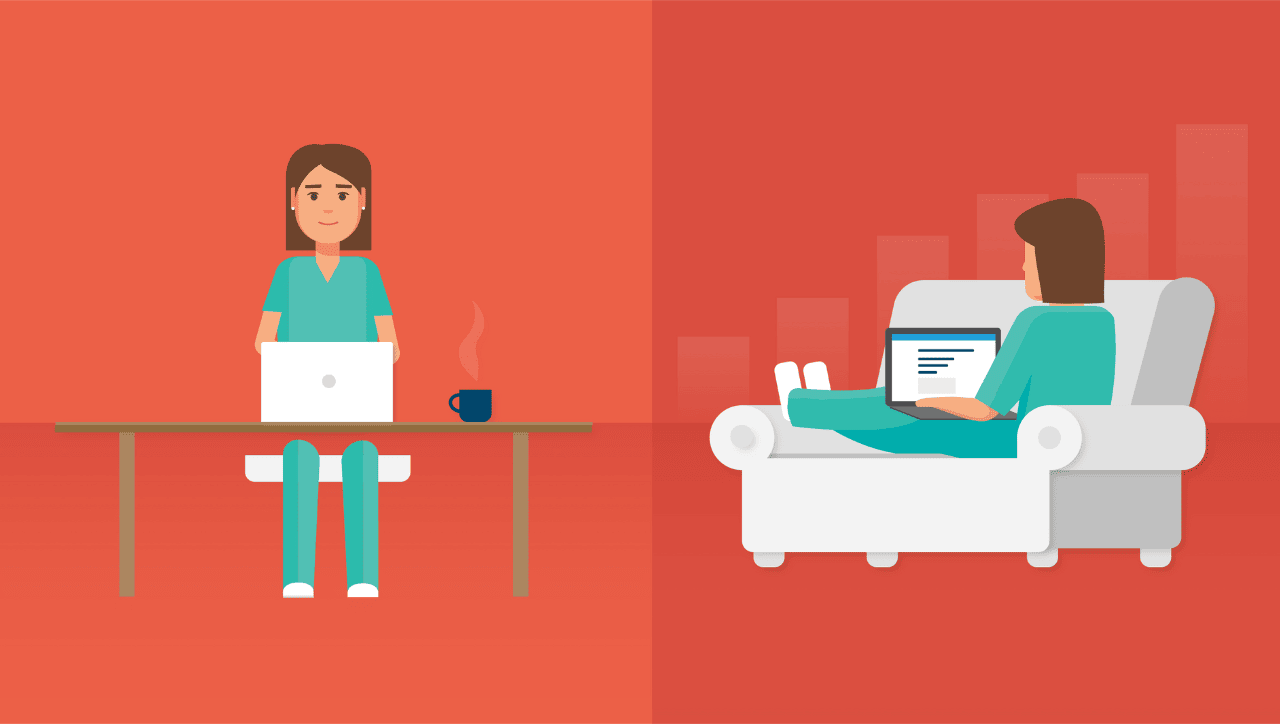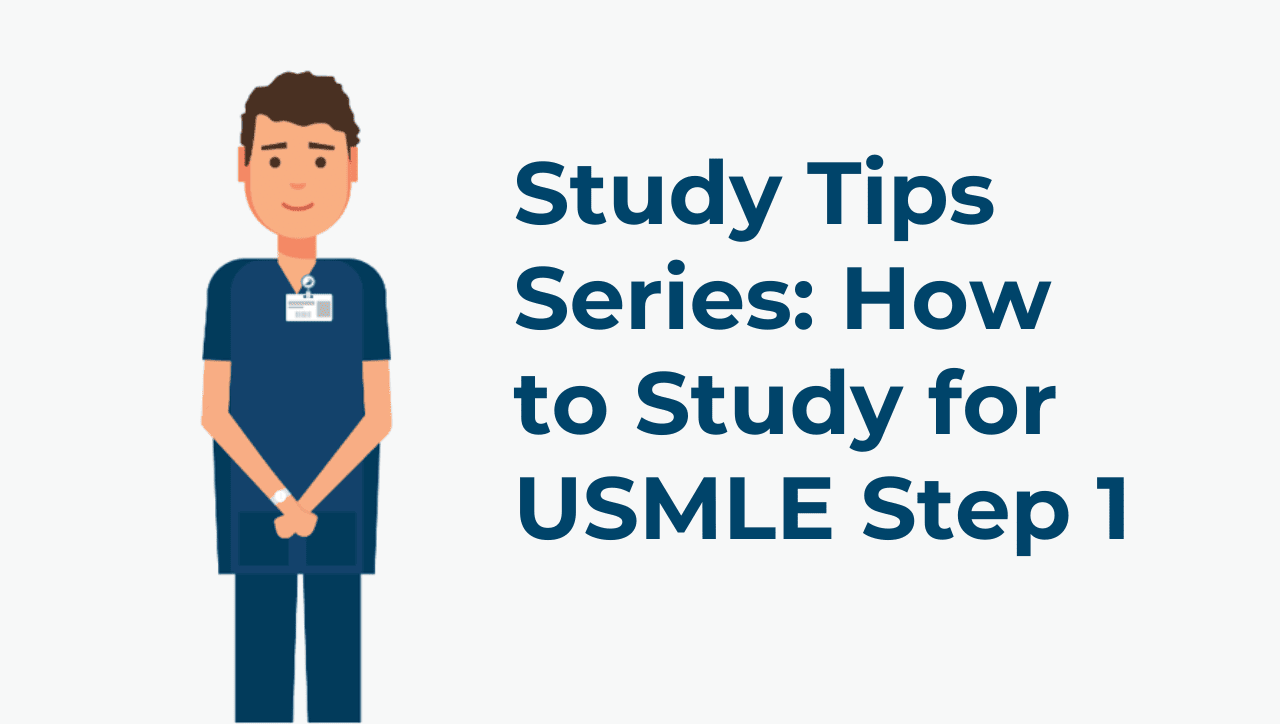USMLE Step 1 is Now Pass / Fail. Should your study approach change?
Students planning on taking the USMLE Step 1 exam on or after January 26, 2022, will receive a pass/fail outcome rather than a 3-digit score.
The idea of USMLE Step 1 becoming a pass/fail exam has been a hot topic in medical education for many years, culminating in the Invitational Conference on USMLE Scoring in March 2019. This decision has some definite positives, but it also creates a new set of questions. While the primary purpose of the USMLE exams are to provide a provisional license to practice medicine in a post-graduate training program; it appears trends have focused on it’s secondary purpose with residency programs utilizing scores as a screening and selection tool for residency spots.
The Impact of USMLE Step 1 as Pass/Fail
The P/F transition anticipates addressing multiple issues, including:
- A reduction in the adverse impact of the current overemphasis on USMLE performance
- A reduction in anxiety regarding scores and the long, time and resource intensive preparation are probably outcomes.
- An increase for research to examine the correlation between USMLE performance and clinical performance in residency
- Minimize racial demographic differences in USMLE performance
- The ability for medical students to focus more on learning the critical basic science material rather than focus on a particular numerical score
- A reduction in the dual curriculum—students preparing for medical school exams with one set of materials and preparing for Step 1 simultaneously with different resources.
This major decision in the process of medical education is not without its repercussions. Residency directors are left without a screening tool to manage the flood of applications for limited residency placements. Medical schools and students are left not knowing what criteria will be important for the Match process. Many have posited that USMLE Step 2 will be the “new” Step 1, with this score becoming the gatekeeper to residency; proverbially kicking the “stress and anxiety can” down the road.
Recommendations for Medical Students
Until we know more, the following are some recommendations for medical students during the transition:
- Learn the basic content well. Do not focus on memorizing minute facts, but on understanding the pathological and physiological process of the human body. This will serve you well not only on subsequent standardized exams, but also in the clinic with your patients. Remember the content on the exams continues to build upon each other.
- Prepare for Step 1 as you would if it was a numerical score. This is still a difficult exam. It asks you to apply basic science information to novel situations. This means utilizing a question bank that offers you the opportunity to learn and practice the tremendous amount of content needed to master these exams. It continues to be an important stepping stone in your development to a practicing physician.
- Keep anxiety in check. Take care of yourself mentally, physically and emotionally. A “well-student” is a “good student”. Here are some ways to keep pre-test anxiety in check.
- Be well-rounded. You are more than a number. Residency programs may now rely on more than a Step 1 score. Additional data sources include letters of recommendations, evaluations, clinical exams, experience, research, service, and overall fit. Round out your portfolio with leadership, service, and research. These are the pillars of academia and these experiences will serve you well as you move through UME and GME.
- Focus on key resources. Continue to use resources that focus on active learning and practice retrieval. This will improve long-term retention and allow you to deepen your knowledge of topics and concepts as you continue your education.
- Identify the most effective study strategies that work best for you sooner. Try resources such as our Step 1 question bank and Picmonic to increase retention of hi-yield facts you may be struggling to remember.
With this change, should you adapt your study approach? In short, no, but take this time to enhance your approach to become more effective and efficient.
While we can only guess how this transition will play out over the next few years, medical students still need to prepare for these exams effectively. A majority of preparation is monitoring your physical health, mental health, and overall-well being. Check out some tips published by the AAMC.
Angela Hairrell, Ph.D.
Sherry Smith, Ph.D.


